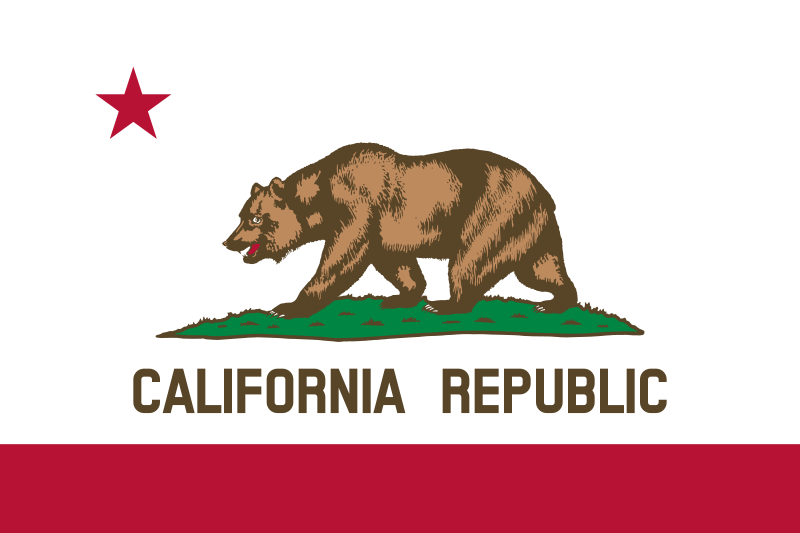Protect Patients Now, which is sponsored by the California Apartment Association, has qualified an initiative for the November ballot in California that would require entities defined as prescription drug price manipulators to spend at least 98% or more of their revenue earned from their national participation in the 340B program on direct patient care to be eligible for state and local government grants and contracts.
The initiative would define prescription drug price manipulators as entities that meet the following criteria:
- participates in the federal 340B drug price discount program;
- owns or has owned at least one license to operate as a health insurance plan, pharmacy, or clinic in the state or contracts with Med-Cal as a primary care case management organization or with Medicare as a special needs plan;
- has spent more than $100 million on purposes not related to direct patient care in a 10-year period of its existence; and
- owns, operates, or previously owned and operated one or more multifamily dwellings that have received a combined total of at least 500 state or local high violations.
In its report on the initiative, the Legislative Analyst's Office said, "Likely few entities would meet the measure's tests to qualify as a prescription drug price manipulator, but the exact number is not known."
The initiative would also permanently authorize Medi-Cal Rx, the state’s drug discount program, in state statute. Gov. Gavin Newsom (D) first established the program in January 2019 via executive order.
In California, the number of signatures required for an initiated state statute in 2024 is 546,651, which is equal to 5% of the votes cast in the preceding gubernatorial election. The secretary of state reported on May 22 that at least 669,363 of the 926,922 signatures submitted by Protect Patients Now were valid. This equates to a signature validity rate of 78%.
Protect Patients Now reported over $11.7 million in contributions through March 31 with the California Apartment Association contributing the total amount. The initiative has been endorsed by State Asm. Evan Low (D-26), the California GOP, ALS Association, and San Francisco Women’s Cancer Network.
On the campaign’s website, Protect Patients Now says, “[The act] will force the worst abusers of the drug discount program, like Weinstein’s [AIDS Healthcare Foundation] (AHF), back to the program’s original mission to provide healthcare to low-income patients.”
State Asm. Evan Low (D-26) said, “It's common sense: tax dollars meant for patients should be spent on patients. Next November, Californians can pass the Protect Patients Now Act to stop Weinstein’s scam and prevent others from following in his footsteps.”
Susie Shannon, policy director of Housing is a Human Right, said when the initiative was initially filed, “Don’t be fooled: The Patient Protection Act targets one organization, AHF, the largest HIV/ AIDS organization in the world, and the leading organization working to expand rent control for the most vulnerable in our society – low-income seniors, veterans, single parents and patients with HIV/AIDS. CAA, which does not represent patients, has shown they are willing to deceive voters in their quest for unbridled profits for the billionaire landlord class they represent, while patients and low-income renters suffer.”
The AIDS Healthcare Foundation (AHF) is a 501(c)(3) organization based in California that provides treatment for people with AIDS/HIV and educational services regarding AIDS/HIV awareness in various global locations. The organization also conducts clinical trials and research studies.
AHF qualified its own initiative for the November ballot that would allow cities and counties to limit rent on any housing and prohibit the state from limiting "the right of any city, county, or city and county to maintain, enact or expand residential rent control." The AIDS Healthcare Foundation sponsored two similar initiatives in 2018 and 2020 that were defeated. AIDS Healthcare Foundation contributed $63.1 million in support of both initiatives.
Between 2010-2022, an average of 82 initiatives were filed per election cycle with an average of nine qualifying for the ballot. For the 2024 ballot, 43 ballot initiatives were filed. Of the 13 November ballot measures, eight are citizen initiatives. The initiatives relate to requiring a personal finance course in high school, pandemic prevention, the state's minimum wage, remediation for labor violations, vote requirements for new taxes, local rent control, and oil and gas well regulations.
Additional reading:



